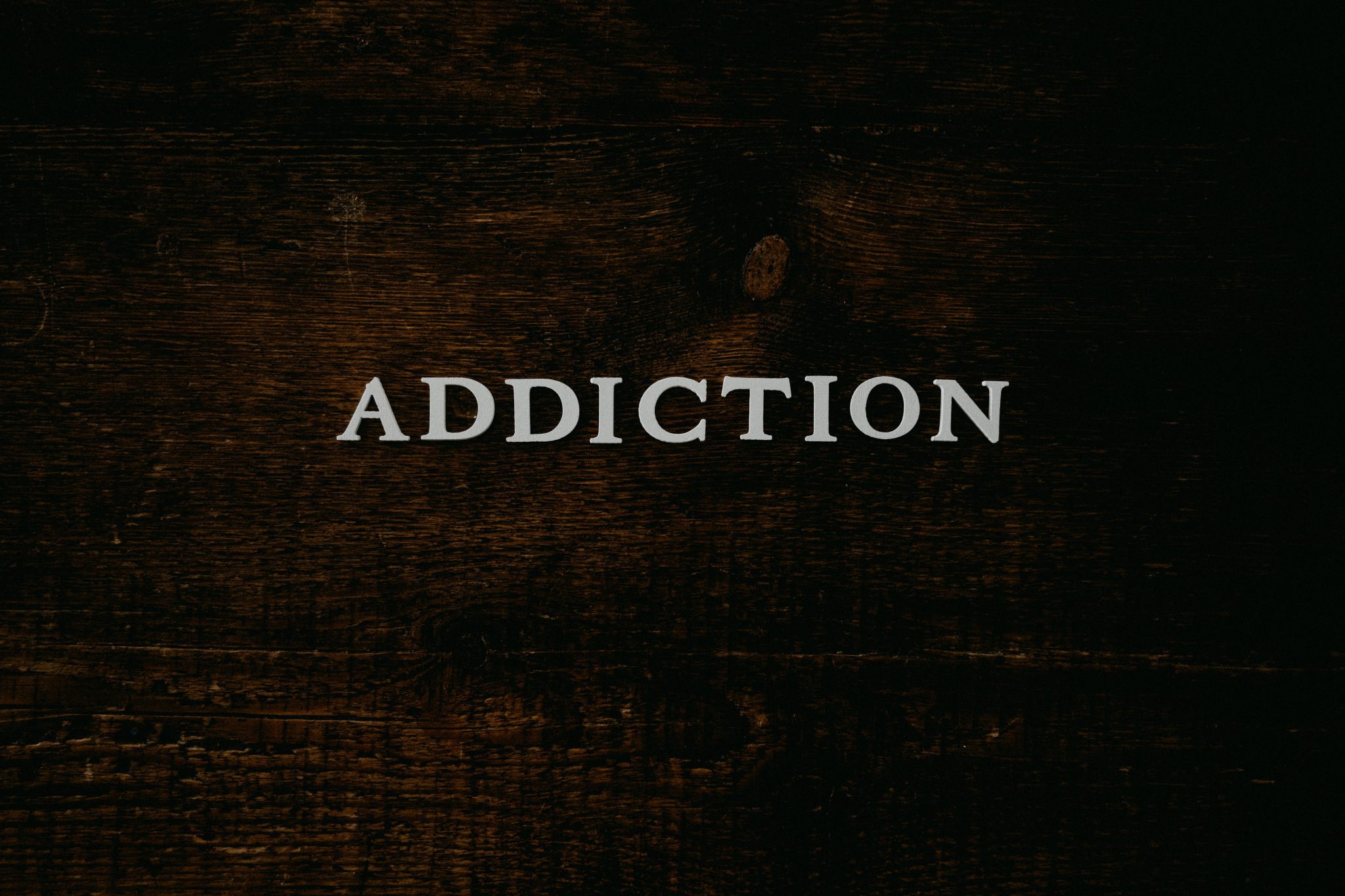Addiction is a complex and multifaceted issue that affects millions of people around the world. It can take many forms, including addiction to substances such as alcohol and drugs, as well as behavioural addictions like gambling and internet use. Regardless of the specific type of addiction, it is often a destructive and debilitating condition that can have serious consequences for the individual and their loved ones.
“Addiction is not a disease of the body; it is a disease of the mind and spirit.”
Gabor Mate and Understanding Addiction
Gabor Mate is a Hungarian-born Canadian physician and author who has become well-known for his work on addiction and mental health. In his book “In the Realm of Hungry Ghosts: Close Encounters with Addiction,” Mate argues that addiction is not just a personal failing or a matter of weak willpower, but rather a complex issue with root causes that can include trauma, stress, and other underlying mental health conditions.
According to Mate, addiction is often a way for individuals to cope with these underlying issues and to numb their emotional pain. It is a form of self-medication that provides temporary relief from suffering, but ultimately only serves to perpetuate the cycle of addiction and further exacerbates the underlying problems.
“Addiction is an attempt to escape from feeling and to solve problems by using a chemical or other addictive substance or behaviour.”

One of the key insights that Mate offers is the concept of “vital deficiency,” which refers to the fundamental human need for connection, meaning and purpose in life. When these needs are not met, individuals may turn to unhealthy coping mechanisms such as addiction as a way to fill the void. This is particularly true for those who have experienced trauma or have a history of adverse childhood experiences, as these experiences can disrupt the development of healthy coping skills and lead to a greater risk of addiction.
“Addiction is not a disease; it is a symptom. It is a sign of distress. It is a desperate attempt to heal an underlying emotional wound.”
Mate also emphasizes the importance of addressing the social and cultural factors that contribute to addiction. He points out that addiction is often more prevalent in marginalized communities and suggests that addressing issues of inequality and social injustice may be key to reducing the overall prevalence of addiction by creating a more supportive and inclusive community for individuals in recovery.
Addiction and Treatment
In terms of treatment, Mate advocates for a holistic approach that addresses both the physical and psychological aspects of addiction. He emphasizes the importance of addressing the underlying causes of addiction rather than just focusing on the symptoms. This may involve addressing any co-occurring mental health conditions, addressing trauma and providing support for individuals to develop healthy coping skills and build a sense of meaning and purpose in their lives.
“Addiction is a painful and destructive way of coping with life’s challenges, but it is a coping mechanism nonetheless. It is not a choice, but a response to a desperate need.”
Mate incorporates strategies such as trauma-informed care and mindfulness-based approaches.
Mate also argues for a more compassionate and non-judgmental approach to addiction treatment. He believes that individuals with addiction need support and understanding rather than shame and stigma, and that a more compassionate approach can help to create a safer and more supportive environment for recovery.

“Addiction is an attempt to find a substitute for the support, connection, and sense of purpose that is missing from the addict’s life.”
Overall, the work of Gabor Mate offers a valuable perspective on addiction that challenges the traditional view of addiction as a personal failing and instead recognises it as a complex issue with root causes that often lie beyond the individual. By addressing the underlying causes of addiction and adopting a more holistic and compassionate approach to treatment, we can better support individuals in their journey towards recovery and a healthier, more fulfilling life.
“The key to overcoming addiction is not to focus on the addiction itself, but to address the underlying emotional and psychological issues that drive it.”
Overall, recovery from addiction is a complex and multifaceted process that requires addressing both the individual’s personal issues and the broader social and cultural context in which they live.
Contact us
If any of the above addiction topics seen by Gabor Mate has effected you in anyway, book in with one of our therapists now by scheduling here or calling us on 0203 930 1007. At the Leone Centre we can help you to choose a therapist, book your appointment and explain the process.

